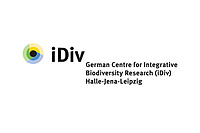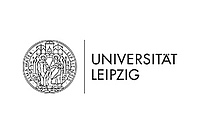Biodiversity Economics
The Biodiversity Economics research group aims at improving the scientific basis for establishing sustainability in human-nature relationships. Main areas of research are the sustainable use of renewable natural resources (e.g. marine fish stocks, rangelands, forests) and the conservation of biodiversity from regional to global scales. We study how economic incentives shape human behaviour towards nature, how sustainability – understood as justice in human-nature relationships – can be conceptualized, and how economic policy instruments could contribute to this. Our methodical expertise comprises quantitative ecological-economic modelling, dynamic optimization, statistics, economic experiments, conceptual modelling, and approaches from game theory and capital theory. Our research group is internationally well connected. We engage in integrative interdisciplinary research with natural and social scientists and researchers from the humanities.
News
18.04.2024 | New Publication
Accounting for the increasing benefits from scarce ecosystems
New Publication by M. A. Drupp, M. C. Hänsel, E. P. Fenichel, M. Freeman, C. Gollier, B. Groom, G. M. Heal, P. H. Howard, A. Millner, F. C. Moore, F. Nesje, M. F. Quaas, S. Smulders, T. Sterner, C. Traeger, and F. Venmans in Science.
18.04.2024 | New Publication
New Publication by Ewa Zawojska, Malte Welling and Julian Sagebiel in Land Economics.
18.04.2024 | New Publication
Love of variety and the welfare effects of trade in renewable resources
New Publication by Isha Dube and Martin Quaas in Journal of Environmental Economics and Management.
15.01.2024 | ValuGaps
Summer School "Economic Valuation of Natural Capital: From Theory to Practice"
08.–13. July 2024, International Academy for Nature Conservation Isle of Vilm, Germany.
11.01.2024 | Interview
Environmental economist: "There is no justification for subsidising agricultural diesel"
Interview with Martin Quaas, head of Biodiversity Economics research group.
Contact
Postal adress
German Centre for Integrative Biodiversity Research (iDiv) Halle-Jena-Leipzig
Puschstrasse 4
04103 Leipzig




